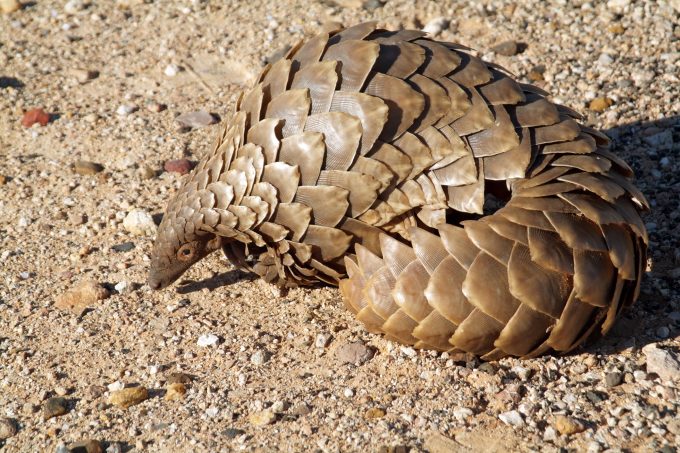Ethiopian Airlines flies into controversy over 'disgusting' shark fin deliveries
Ethiopian Airlines has denied it knowingly flew two shipments of shark fins from Ecuador, via ...

And yet another illegal wildlife shipment. This time 712kg of pangolin scales, worth more than $2m, were found at Kuala Lumpur International Airport. The two shipments arrived from Congo and Ghana, labelled as “general product” and “dry herbs”, with a fake company address. Both shipments flew with Emirates, via Dubai. Etihad’s chief of sustainability, speaking at the WCS in March, said airlines should look out for familiar labels and routes, as criminals tend to use the same ones several times. Emirates, meanwhile, has taken a stand against illegal wildlife trafficking and trophy shipments, going as far as to paint four aircraft last year in a “United for Wildlife” livery. This latest find shows how difficult it is for airlines to intercept falsely labelled shipments. Pangolins are the most trafficked animal in the world, with some estimates claiming that sales now account for up to 20% of the entire wildlife black market.
Comment on this article